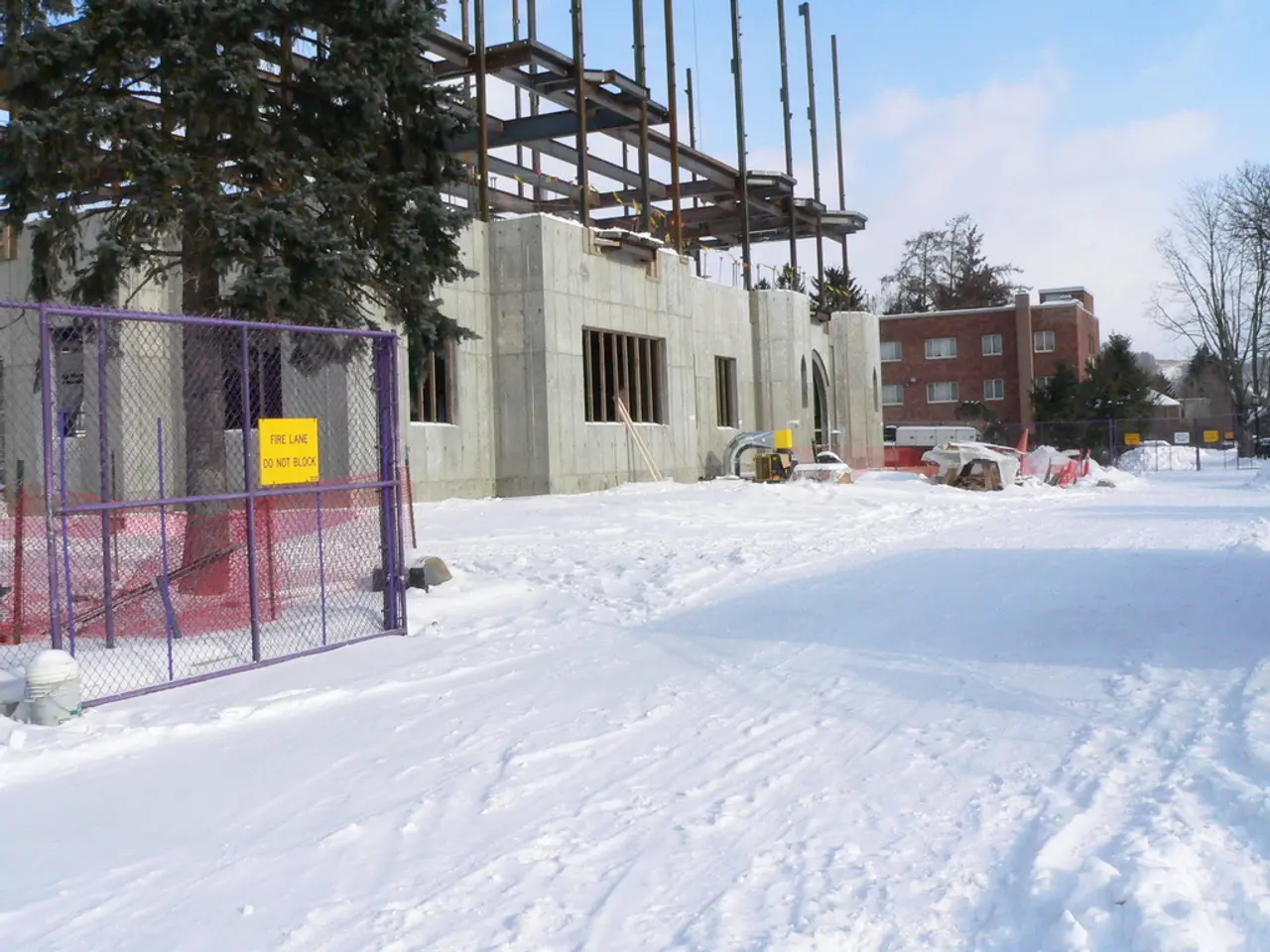Gradual Warming Threatens U.S. Economy More Than Disasters: GWS Report
A recent study by the Gesellschaft für Wirtschaftliche Strukturforschung (GWS), published in 2025, has shed light on the economic impacts of climate change. The report reveals that gradual warming, not natural disasters, will cause the most significant economic damage in the future.
The GWS report indicates that weather-related disasters will account for only one-third of the economic loss due to climate change. The remaining two-thirds will result from gradual changes such as increased heat stress, which reduces outdoor worker productivity and exacerbates health issues.
Gradual warming is expected to have far-reaching effects, impacting labor output, farm productivity, and migration patterns. In a worst-case scenario, the U.S. economy could suffer a 9.5% decrease in output by 2050 compared to a moderate-case climate scenario.
The GWS report underscores the need for urgent climate action to mitigate the substantial economic risks posed by gradual warming and other climate change impacts. The findings highlight the importance of prioritizing adaptation and mitigation strategies to protect the U.S. economy from significant losses.
Read also:
- Republicans advocate Trump's domestic policy plans in Iowa, though some business owners remain skeptic
- Matthew McConaughey Stars in 'The Lost Bus': A Harrowing Tale of Resilience
- Ethiopia's GERD Flooding Submerges Sudan Village, Displacing Residents
- Global carbon emissions could lead to a resurgence in coal usage, warns industry analyst








